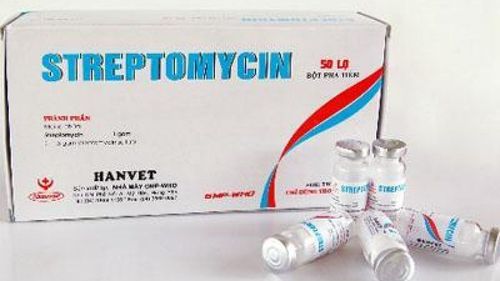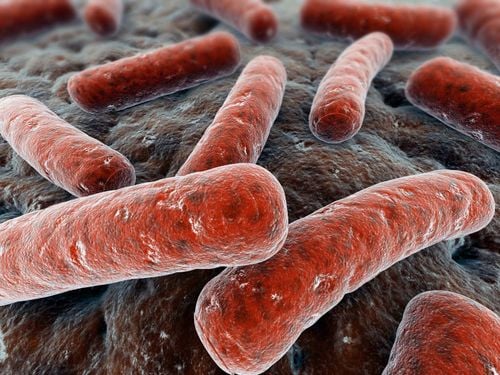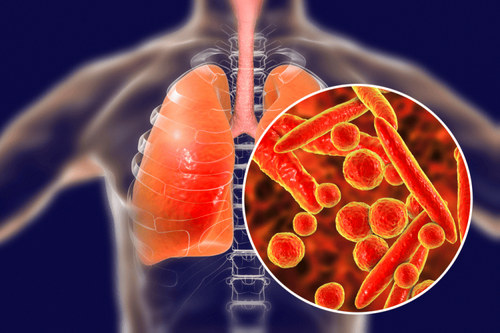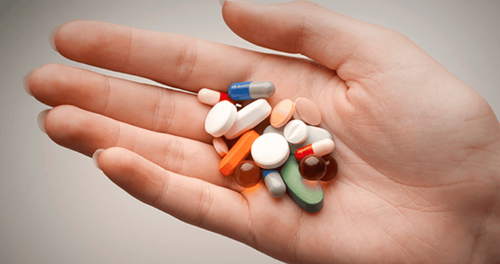This is an automatically translated article.
The article is professionally consulted by Master, Doctor Nguyen Huy Nhat - Respiratory Doctor - Department of Medical Examination & Internal Medicine - Vinmec Danang International General HospitalThe main cause of drug-resistant TB is patient non-compliance with the treatment regimen. Currently, Vietnam is one of 30 countries with a high burden of drug-resistant TB in the world. Although significant progress has been made in the control of TB in general and drug-resistant TB, drug-resistant TB remains a matter of global concern.
1. Drug-resistant TB
Tuberculosis is a disease caused by bacteria that are transmitted from person to person through the air. TB usually affects the lungs, but it can also affect other parts of the body, such as the brain, kidneys, or spine. In most cases, TB is treatable and curable. However, people with TB can die if not treated properly. Sometimes drug-resistant TB occurs when bacteria become resistant to drugs used to treat TB. This means that the medicine can no longer kill the TB bacteria. Drug-resistant TB is spread in the same way that drug-sensitive TB is transmitted.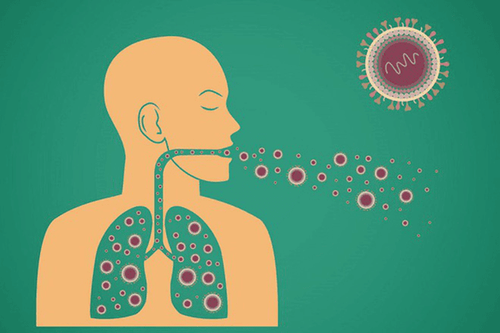
2. Causes of drug-resistant TB
Most people with TB are cured with a 6-month drug regimen, but treatment must be strictly followed with the support and supervision of a specialist. The main reason drug-resistant TB occurs when drugs used to treat TB are misused or mismanaged. Examples of drug abuse and mismanagement include:Tuberculosis patients who do not complete a course of treatment. A health care provider for a patient with TB prescribes the wrong treatment (wrong dose or duration of treatment). Poor quality medicine. Drug-resistant TB is common in people who:
Do not take TB medicine regularly. Do not take all drugs in one course of treatment. Tuberculosis recurs after being treated for tuberculosis previously. Coming from areas of the world where drug-resistant TB is common. Stay with someone with drug-resistant TB.
3. Types of drug-resistant TB
3.1. Prescription-resistant TB Only one first-line anti-TB drug is resistant.3.2. Multidrug-resistant TB (MDR TB) Multidrug-resistant TB is caused by TB bacteria that are resistant to at least isoniazid and rifampicin, the two most powerful TB drugs. These drugs are used to treat all people with tuberculosis. TB specialists should be consulted in the treatment of MDR-TB.
3.3. Super-MDR TB (XDR TB) MDR-TB is a rare multidrug-resistant TB that is resistant to isoniazid and rifampicin plus any fluoroquinolone and at least one of the three bivalent drugs. eg amikacin, kanamycin, or capreomycin). Because of the super-multidrug resistance to the most effective TB drugs, TB patients are treated with less effective drugs. MDR-TB is a particular concern for people with HIV or those with poor health conditions that can weaken the immune system. These people are more likely to get TB when they are infected and also have a higher risk of dying once they are infected with TB. TB specialists should be consulted about the treatment of MDR-TB.
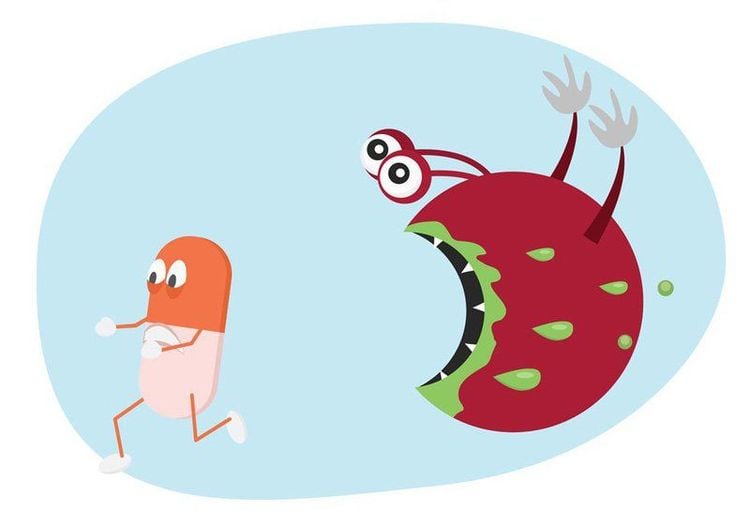
4. Prevention of drug-resistant TB
The most important way to prevent the spread of drug-resistant TB is to take all TB medicines exactly as prescribed by your immediate caregiver and as directed by your specialist. Dose should not be skipped and treatment should not be stopped prematurely. People who are being treated for TB should tell their doctor as well as their immediate caregiver if they are having trouble taking their medicine.Caregivers of TB patients can help prevent drug-resistant TB by diagnosing cases quickly, following physician-prescribed treatment guidelines, monitoring patient response to treatment, and ensuring ensure the treatment is completed.
Another possible way to prevent drug-resistant TB is to avoid contact with known drug-resistant TB patients in closed or crowded places such as hospitals, prisons or shelters. People who work in hospitals or healthcare settings where TB patients should consult with infection control or health care professionals for infectious diseases such as tuberculosis for possible treatment. best prevention.
5. Treatment of drug-resistant TB
Treatment and cure of drug-resistant TB is complex. Inappropriate management can have life-threatening results. Drug-resistant TB should be managed closely or in consultation with a specialist in the treatment of the disease. However, in some countries it is increasingly difficult to treat drug-resistant TB. Treatment options are limited and expensive, commonly recommended medications are not always available, and patients experience many side effects from the medication. In some cases, even more severe drug-resistant TB can develop. Extensively MDR-TB is a form of MDR-TB with additional resistance to other anti-TB drugs, so the disease is quite serious because it will respond to rarer, less readily available drugs.
Patients with drug-resistant TB need to be aware of the correct course of treatment and they need to understand that they will be spreading drug-resistant TB to others when they have not received complete treatment or left the treatment process unfinished. treat. Therefore, they need to fully follow the instructions of the specialist for the process to be most effective. At the same time, people who have contact with drug-resistant TB patients or patients with tuberculosis in general need to be examined to have a basis for disease control and treatment. Newborns in the first month of life should be vaccinated with BCG TB vaccine.
If you have unusual symptoms, you should be examined and consulted with a specialist.
Please dial HOTLINE for more information or register for an appointment HERE. Download MyVinmec app to make appointments faster and to manage your bookings easily.
References: Cdc.gov; WHO.int;





